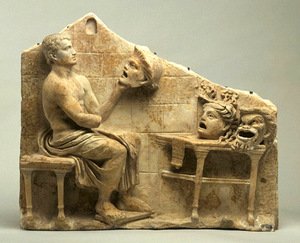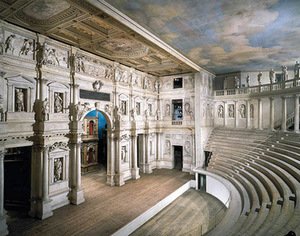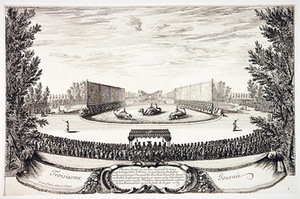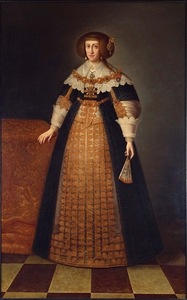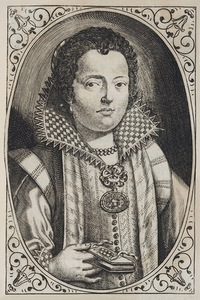The great theatre of the world (Part I) 5
In brief: Theatre history counts thousands of years - it dates back to religious ceremonies of early communities, when people worshiped a birth, death and resurrection of a certain god. In Europe, theatre played a cultural, political and social role, therefore, in these series of articles we will discuss not only the stages of development of theatre, the birth of opera in the Polish–Lithuanian Commonwealth, but we will also convey the theatrical atmosphere of various nations.
The first great theatre epoch in the history of Western civilization started in Greece, in the 5th century BC. One of the most important festivities there, the Rural Dionysia gave birth to the word "tragedy" (in Greek tragos, meaning "goat" was sacrificed on the first day of the festival or given as a prize on the last day). Lenaia festival was all about having fun and later it developed into comedy (in Greek comos means "entertainment"). The ancient festivities are illustrated on the Parthenon frieze, but theatrical costumes gradually changed. The main attribute of the costume was a mask, according to tradition, introduced by Thespis (Θέσπις, 6th century BC). It allowed the three actors of tragedy to play several roles.
In the Middle Ages, after the ancient classical drama disappeared the Western Europe was conquered by the liturgical drama. Church Fathers strictly forbade attending the plays or performing in them; however, Byzantium still tried to adapt the old theatre to the new needs. In addition to that, in late Middle Ages, the Grand Duchy of Lithuania entered the artistic stage of the Western Europe. This is related to the first manifestations of theatre that were noticed in Lithuania in liturgical dramas, pre-theatrical events and performances of wandering actors.
A notion was prevailing that Baroque human is no longer a Renaissance conquistador, but an actor, whose life play's author is God. This world is a stage or a grand illusion.
Baroque spirit prevailed in the Vilnius Academy, which was the first in the country to set up a school theatre. Many plays were staged, ceremony scenarios and dramas were written and published.
Professional theatre that met all the requirements of the dramma per musica of the day started operating in the Polish–Lithuanian Commonwealth around 1635. It had a permanent, purposefully formed troupe that traveled with the monarch. Historiography claims that some performers were Europe-famous soloists, for example a castrato Baldassarre Ferri (1610–1680). Vilnius became the first city, in which, in 1636, dramma per musica works were performed outside Italy. Like elsewhere, these performances had a political dimension.








